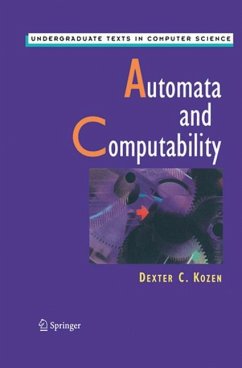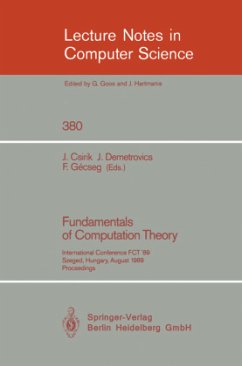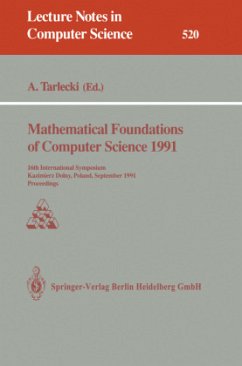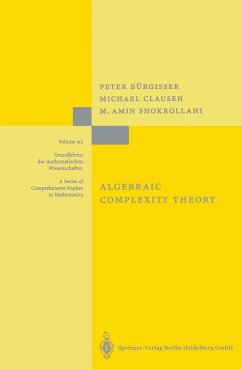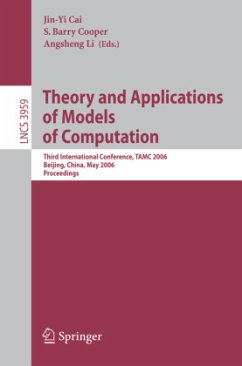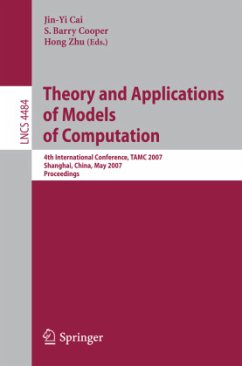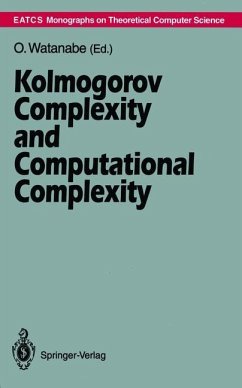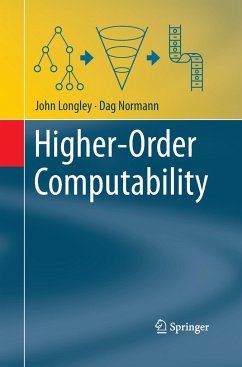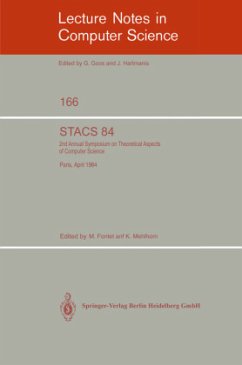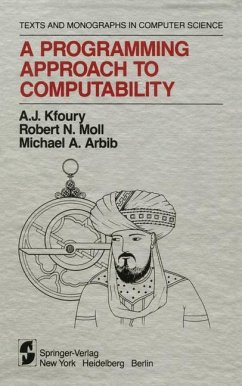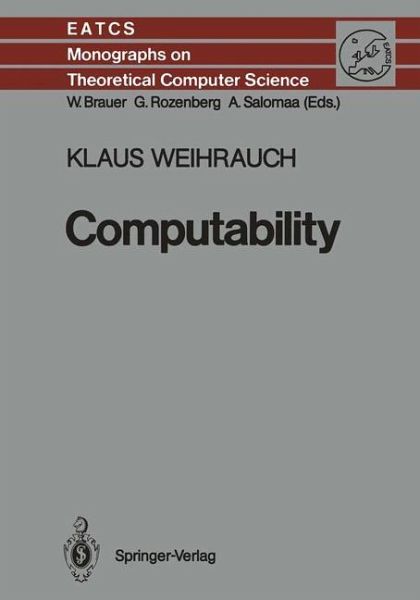
Computability
Versandkostenfrei!
Versandfertig in 1-2 Wochen
38,99 €
inkl. MwSt.

PAYBACK Punkte
19 °P sammeln!
Intends to lay a common basis for the different branches of
recursion theory. Leads from the very basic theory to modern
concepts of computability. Consists of three consecutiveparts: 1. Basic Concepts of Computability. 2. Traditional
Recursion Theory. 3. Unified Type 2 theory of constructivity
and computability on Baire's space including a general the-
ory of representations.
recursion theory. Leads from the very basic theory to modern
concepts of computability. Consists of three consecutiveparts: 1. Basic Concepts of Computability. 2. Traditional
Recursion Theory. 3. Unified Type 2 theory of constructivity
and computability on Baire's space including a general the-
ory of representations.





